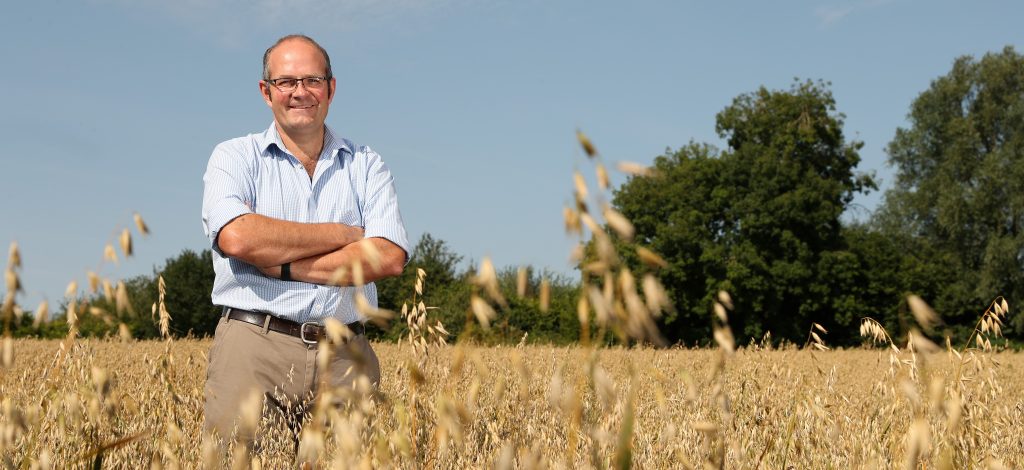The latest EAT-Lancet report has been published, with a focus on creating a “healthy, sustainable and just food system”.
The report highlighted that a food system’s transformation “could lead to a less resource-intensive and labour-intensive food system” that “could supply a healthy diet for 9.6 billion people”, which it said would have “modest impacts” on average food costs.
It called for a 33% reduction in ruminant meat production compared with 2020 levels, and a 63% increase in fruit, vegetable and nut production in order to create a system that is less resource-intensive and labour-intensive.
It went on to say that a food systems transformation would “substantially reduce environmental pressures on climate, biodiversity, water and pollution”.
National Farmers’ Union president Tom Bradshaw said: “The British farming industry is recognised as one of the most efficient and sustainable on the planet; one that is committed to producing food to high environmental and animal welfare standards, and continually innovating to improve efficiency, enhance biodiversity, manage soil health and reduce emissions across all farming sectors.
“We have some of the most sustainable livestock and dairy systems in the world – our cattle are fed predominantly grass-based diets, and we carefully manage our grasslands to store huge amounts of carbon. The result is that UK beef production emissions are at half the global average, dairy more so, and agriculture responsible for just 11% of UK greenhouse gas emissions.”

Bradshaw continued: “And when it comes to healthy, sustainable diets, we believe in empowering people to make informed decisions about what they choose to eat. It’s all about balance and moderation and looking for homegrown food – whether it’s red meat, eggs and dairy, fruit, veg, cereals or legumes that provide valuable nutrients like protein, iron and vitamin B12.
“However, producing food is becoming harder due to the current geopolitical tensions and vulnerability of global food supply chains, alongside an unpredictable climate and extreme weather. Confidence remains low, with deep uncertainty due to price volatility, the future of environmental schemes and changes to inheritance tax.
“Despite this, there are huge growth opportunities, particularly due to a growing global population.
“We need the Government to back British farming and, as the EAT-Lancet report lays out, demonstrate greater cross-departmental collaboration to deliver co-ordinated policies that will help build resilience, profitability and productivity in the farming sector and allow farmers to invest.
“In turn, we can continue to produce more sustainable, climate-friendly food for the nation and to export around the world, food that is nutritious and affordable, meet our domestic environmental targets and deliver for national food security.”
“This isn’t about lecturing people on what they should eat. It’s about building food systems that work for both people and planet.”
Professor Chris Hilson, professor of Law at the University of Reading, commented: “When we talk about tackling climate change, most people think about switching from coal and oil to wind and solar power. But this report shows that what we eat is just as vital. Our current food systems are pushing the planet past critical thresholds: warming the climate, driving species loss, polluting water, and depleting soils.
“What makes this report different is its focus on fairness. At a time when expert advice often gets dismissed as out-of-touch, it puts people front and centre. Any changes to how we grow and eat food must ensure farmers can make a decent living, everyone can afford nutritious meals, and no communities get left behind.
“This isn’t about lecturing people on what they should eat. It’s about building food systems that work for both people and planet.”









